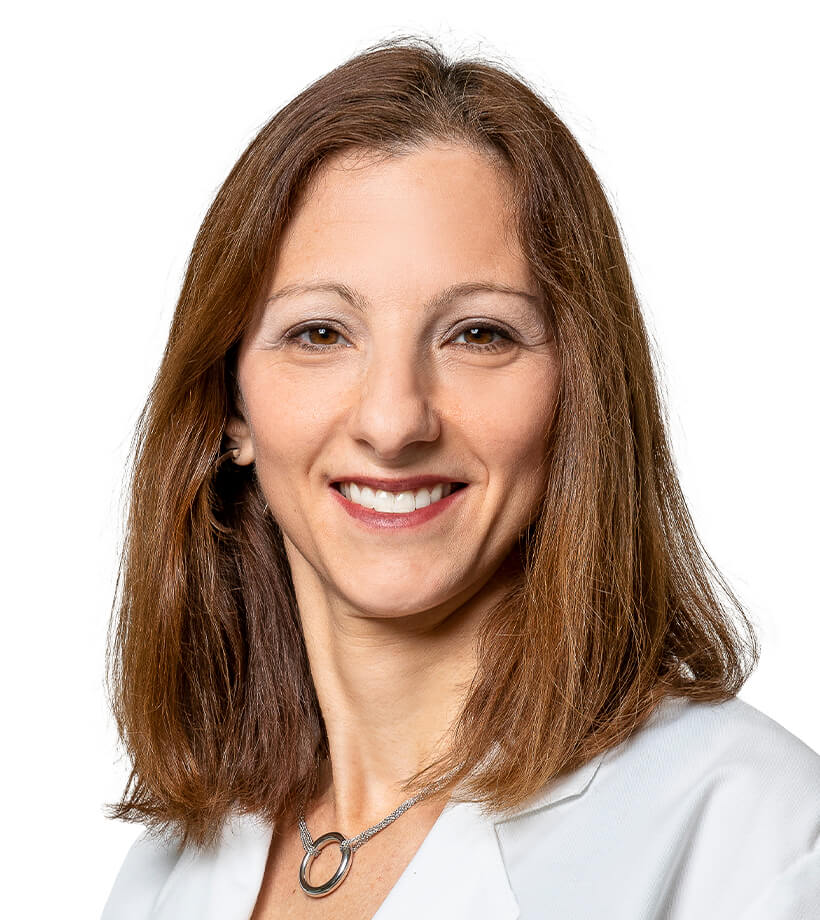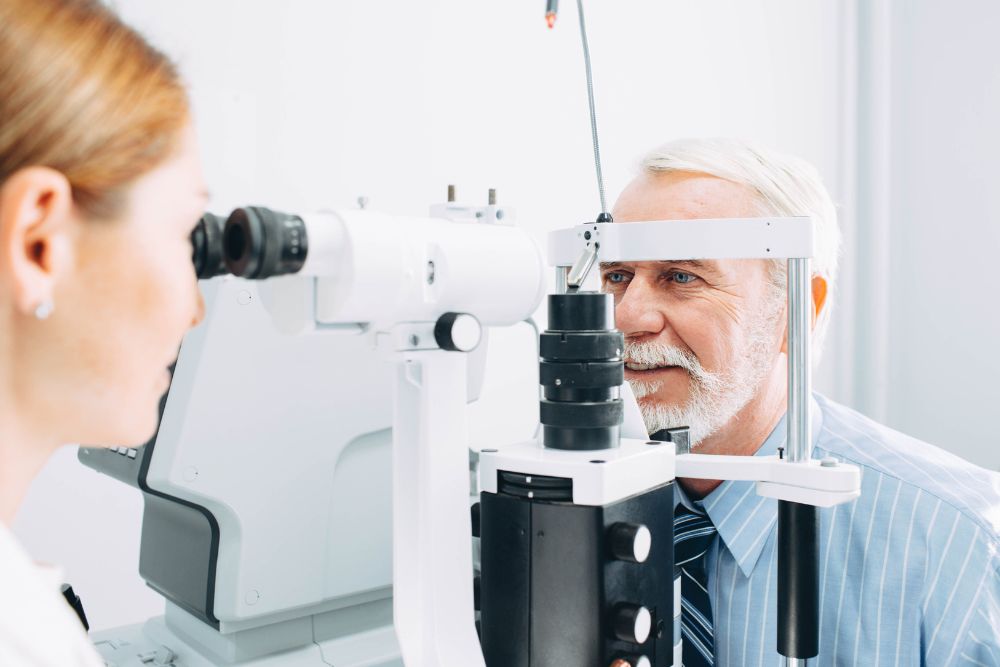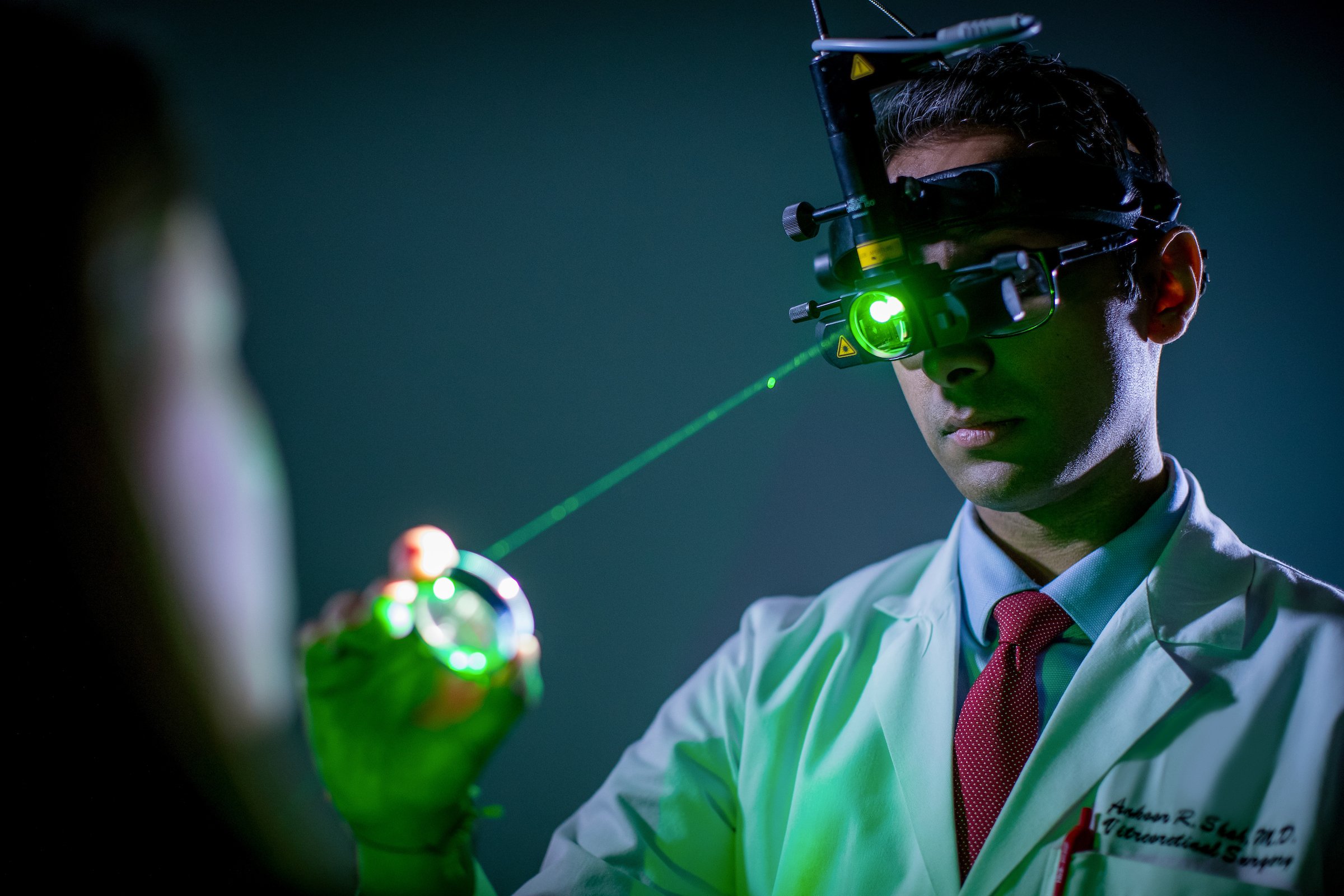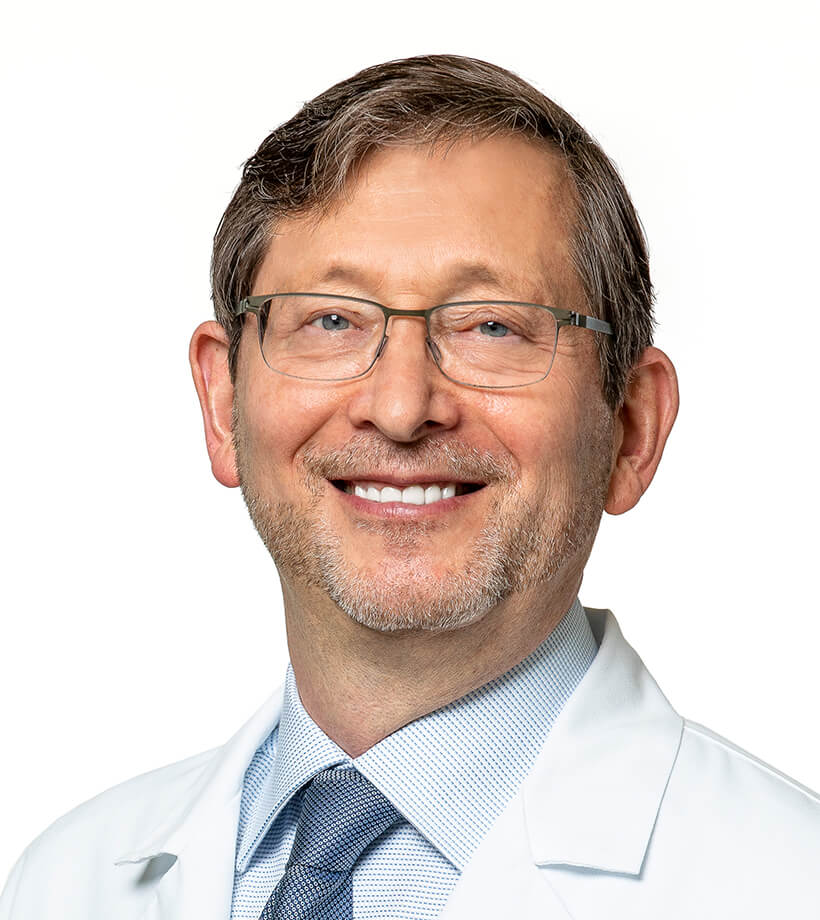Dr. Amy Schefler Featured on The Eye Believe Podcast

Recently, Retina Consultants of Texas’s very own ocular oncologist Dr. Amy Schefler was featured on The Eye Believe Podcast, which is produced by A Cure In Sight, a non-profit organization dedicated to providing support services for patients with ocular melanoma; sponsored by Castle Biosciences, a leading diagnostic company; and hosted by Danet Peterson, an ocular melanoma survivor and social media personality. The episode entitled An Ocular Oncologist’s Perspective with Dr. Amy Schefler, discussed treatments, research, and living with ocular melanoma.
Highlights from Dr. Schefler
On the Evolution of Ocular Melanoma Research
“Things have changed dramatically over the last 10-15 years in terms of the way we approach genetics with patients and what we emphasize in our discussions with patients. When I started training 20 years ago, we really didn’t know anything about the genetics of this disease, certainly not in a clinically-applicable way.”
“Now we understand what kind of molecular events occur deep down inside this tumor that makes it start and what makes it continue and, for some patients, what makes these tumors aggressive.”
On the Importance of Biopsies
“At our center, we offer every patient a biopsy…The vast majority of the time, we do it [the biopsy] at the same time as the treatment. There are some limited situations where we do it separately.”
“The information that we gain from the biopsy tells us primarily prognostic information…It’s useful information for patients to sense an understanding of their own disease. It also helps us plan our metastatic screening schedule. In some cases, it helps us choose patients who are eligible for clinical trials. It also helps us from a scientific perspective what is happening with the disease. We learn a tremendous amount from patients from understanding what their genetics are and then what happens to them.”
“It’s good for an individual patient, it’s good for science broadly, and it’s powerful information. All of that, combined with the fact that the biopsies are very safe, is why we typically encourage patients to do them… of course, patients always have the choice.”
On Developments in Research
“We at our center and others are working very hard behind the scenes to understand this disease and studying the genetics of this disease. Much of the work we are doing is still unpublished and in process. Most of that, I can’t share publicly, but what we’re working on broadly is understanding not only the genetic changes that we see but also how we can improve our understanding of these genetic changes to pivot them into targeted therapies.”
“Science is complicated and always changing. We change what believe as our data becomes more complete. That’s part of the scientific process. For lay people who don’t spend their lives doing this, a lot of times, it can feel confusing and it can feel sometimes even like things are contradictory.”
“Part of the reason we often don’t want our findings to be released prematurely is because we don’t want to create either false hope or false negative information.”
“Science is slow, but it’s important to be slow so that it’s accurate.”
On KIMMTRAK®, the First FDA-Approved Treatment for Uveal Melanoma
“This is a very exciting development for us and for our patients. This is literally the first treatment we’ve had FDA approval for metastatic disease.”
“It’s great to have a pharmaceutical company engage with us and actually go all the way from phase one to taking this to market because it brings attention to the disease and to this community and that’s what we need. We kind of fall in the dark shadows behind more common cancers like breast cancer and lung cancer. We don’t get a lot of national attention, funding, etc. This is a great development for us and I think that a lot of us are hopeful that this will lead to more engagement from pharma and continue to move our field forward.”
You can listen to the full podcast episode here. You can also listen on Google Podcasts, Apple Podcasts, and Spotify.







